Training Trip Recovery 101: How to Prepare for the End of Season

By Isabelle Robuck, Swimming World College Intern.
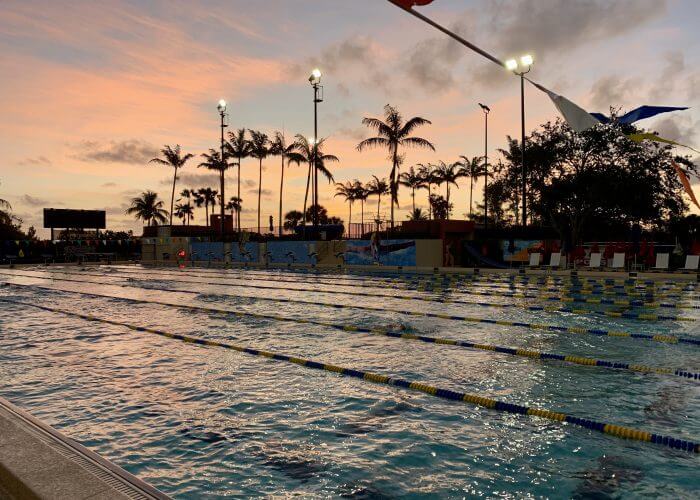
Photo Courtesy: Sydney Schneider
Let’s be real: swimming under the sun and palm trees is one of the best ways to spend winter break! No school work equals no worries, but the training is hard… There’s no beating around the bush there. When it comes down to it, the factors outside of the water make a huge difference in our ability to train well and make improvements. Below are some of the most important aspects to staying on track and recovered as training trip comes to an end.
Hydration.
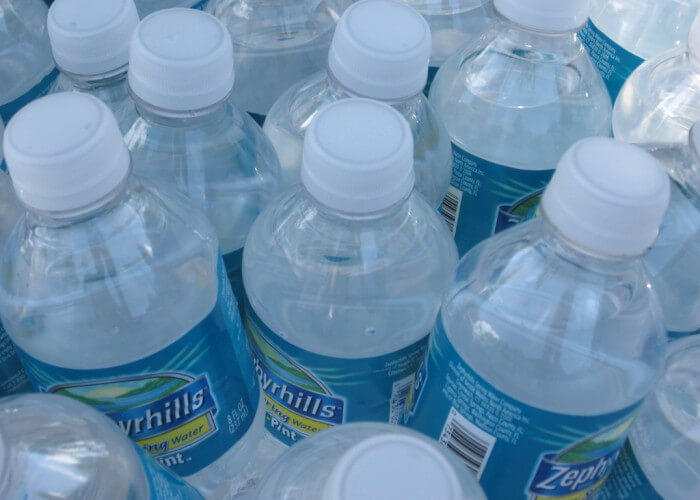
Photo Courtesy: Andrew Pennebaker
The Golden Rule when it comes to being an athlete of any kind – stay hydrated. Being properly hydrated can be one of the most important aspects to staying up to beat on training trip. Most of us make drastic climate changes when traveling for training trip, which can hinder our ability to perform at our best. Not the mention, the possibility of getting sick rises as we go from heavy winter coats into shorts and sunshine as well. Although water is most reasonable, there are several different drinks that can help you stay hydrated. Drinking Gatorade during practice is beneficial – the sugar and electrolytes help replenish what’s lost during a longer workout, especially in the heat. Outside of practice, milk is a solid choice when it comes to recovery. Containing many nutrients like protein, carbohydrates, vitamins and minerals, milk works to rapidly restore nutrient and muscle breakdowns during a workout. And let’s be real: nothing tastes better than an ice-cold glass of chocolate milk after a hard workout!
Sleep.

Photo Courtesy: Kelly Lennon
Runner up to the Golden Rule, sleep is extremely important during training trip as well. Because school is out and season’s end is right around the corner, coaches usually push for the hardest training to happen during training trip. Because of the over-training, getting enough sleep is important to allow your body to recover properly and efficiently. Sleeping between seven to eight hours a night is most beneficial, as well as taking naps between practice and throughout the day. And remember – napping in the sun isn’t the best idea. Although it’s nice to get the tan, the sun can break down our energy as well, so it’s important to make sure you recover from being in the sun as well!
Eat Well & Plenty.
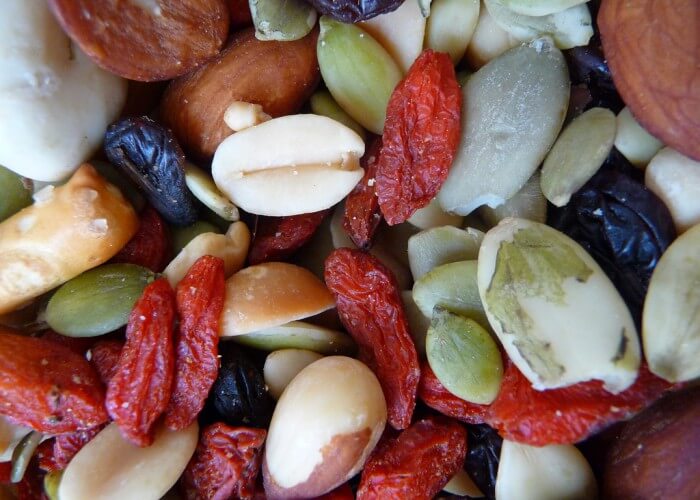
Photo Courtesy: Cary Bass-Deschenes
Eating well, along with eating enough, is important during training. Nutrient-dense foods are more likely to keep your body functioning longer than those of higher sugar and fat levels. Likewise, it’s beneficial to eat plenty around practice times, even early in the morning. A handful of almonds or a squeeze applesauce at 4 a.m. goes a long way and helps more than you think! In between practices, stay light but plentiful. A couple of protein-packed eggs, a few blueberries and yogurt are sure to hold you over until after practice and sit well in your stomach. After practice, load up on protein and carbs. It’s important to eat within 30 minutes after a workout to quickly begin muscle restoration. In general, eating healthy is important to athletes and should always be a factor in everyday healthy living, not just on training trip.
Cool Down.
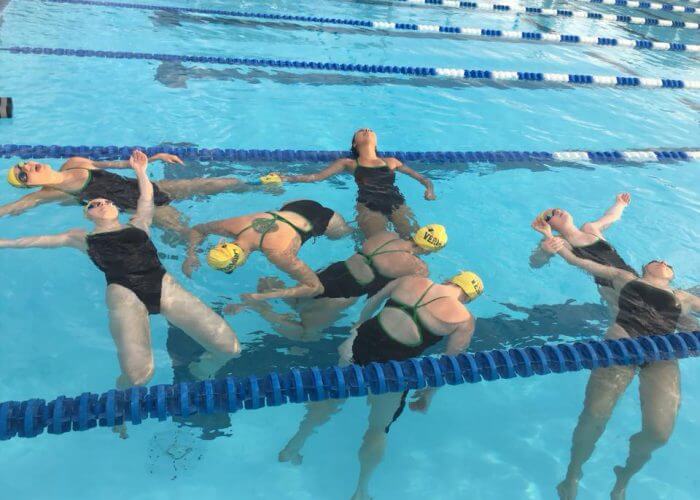
Photo Courtesy: Kristina Posnick
This can be one of the hardest things to stick with, especially when you’re done for the day. After a tough practice, it’s important to get in a proper cool down, which is usually fairly individualized. Some need an extremely long, tedious cool down, while others do a 50 and buzz out of the pool. Everyone reacts differently to different sets, but it’s extremely important to do what you need and get the blood flowing to clear the metabolic waste, especially during such hard training. So even if you’d rather get out of the water as fast as possible, do at least a little bit of recovery swimming. The beach will still be there a couple minutes later!
To better understand why cool down is so important, an article by P2 Life goes into great depth about the various benefits of cooling down. Give it a read!
Roll Out.
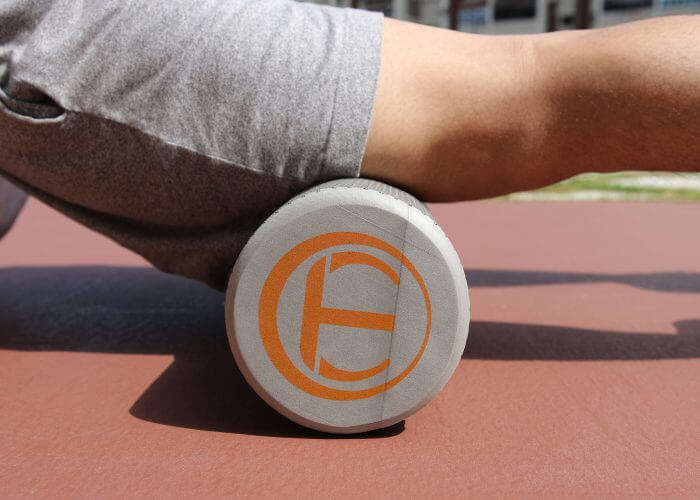
Photo Courtesy: Pexels
As swimmers, not one of us who hasn’t talked about being tight at some point in our career. That’s what rolling out is for! Between weights, dryland and being in the water, there’s always some sort of soreness in our body. While some swear by the act of rolling out after a hard workout, others aren’t as sure about the magical powers. The key to its benefits is figuring out what works for you. In reality, rolling out helps in multiple ways, including improved range of motion and relaxing our muscles. An article by 360 Fitness Club gives multiple insights on the benefits of rolling out, including a basic lesson of how to use a foam roller specifically for your needs. Check it out!
Training trip is wonderful for many reasons, and recovering properly can help make your training the best yet. What do you do to recover?
All commentaries are the opinion of the author and do not necessarily reflect the views of Swimming World Magazine nor its staff.



